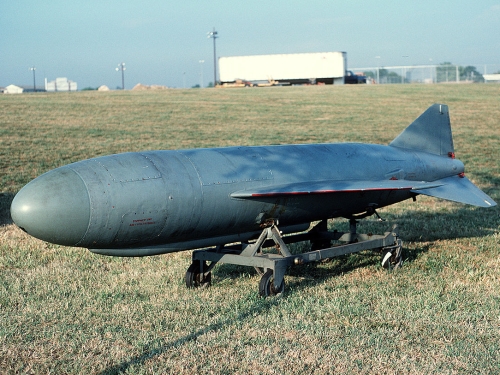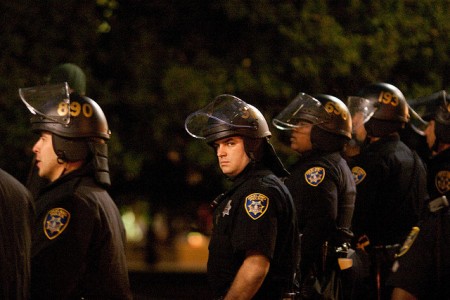
This article was originally published by the East Asia Forum on 24 November, 2014.
Much energy has been expended on projecting the impact of the rise of Chinese economic power on its political and military might and the strategic contest with the United States. In a conflation of geo-economic and geo-strategic analysis, two camps have emerged: one warns about the consequences of the United States not conceding strategic space as Chinese economic and strategic power continue to grow; the other asserts the continuing dominance of US military-strategic and economic power as Chinese power peaks, in some scenario or another. As the nuance in Chinese diplomacy over the past week or two suggests, the geo-political and economic world would appear a tad more complex than either camp allows.




